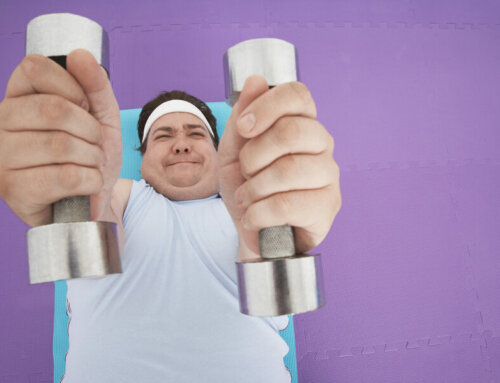
Most people have all heard that loud snoring person who makes weird sounds in the middle of the night, sometimes gasping for air and choking. Yet, somehow they seem to sleep through the night. These gasping spells are caused by the flaccid tongue dropping into the airway and blocking air entry into the lungs. This causes oxygen levels to drop in the lung and subsequently the blood stream. The blood pressure in the lungs and body rise in order to grab more oxygen but none is readily available. When the brain begins to sense low oxygen levels, it stimulates the person to wake up, adjust their tongue, and breathe. Although these people appear to sleep through the night, they are always tired and can usually nap at the drop of a hat. They are always fatigued and sleepy because they are not getting to the deep stages of sleep required to feel rested. This syndrome is called Obstructive Sleep Apnea (or OSA), and it is gaining momentum in the medical community. It is being unveiled as a “silent killer” similar to high blood pressure. Many people have symptoms of fatigue, low energy, and poor focus. Most people blame it on age or stress, so they drink more coffee and eat more sugar to stimulate alertness. This is the snowball effect. A fatigued person usually does not have energy to exercise, and they typically eat sugar to stimulate energy levels; thus, they end up gaining weight which actually worsens sleep apnea. As if this syndrome was not bad enough already, it is actually associated with early death, early heart attacks, early strokes, high blood pressure, etc. All of those problems stem from chronic, frequent dipping of oxygen levels. Some people’s oxygen levels go as low as 60% (normal is 100%) before they wake up!


As always, we at Austin Family Medicine Associates are staying at the cutting edge of medicine.
#DrOubre
#SleepApnea #OSA #CPAP





